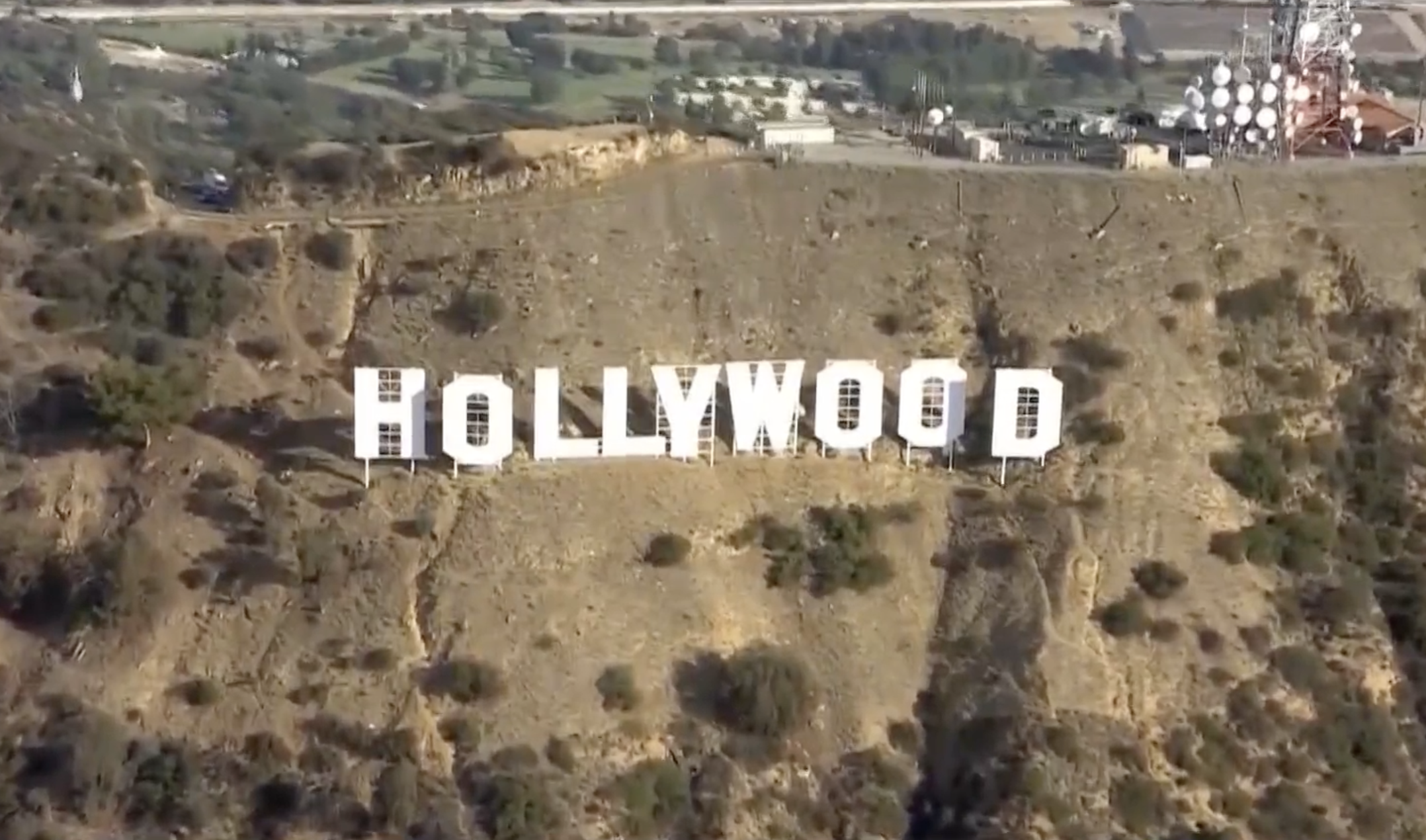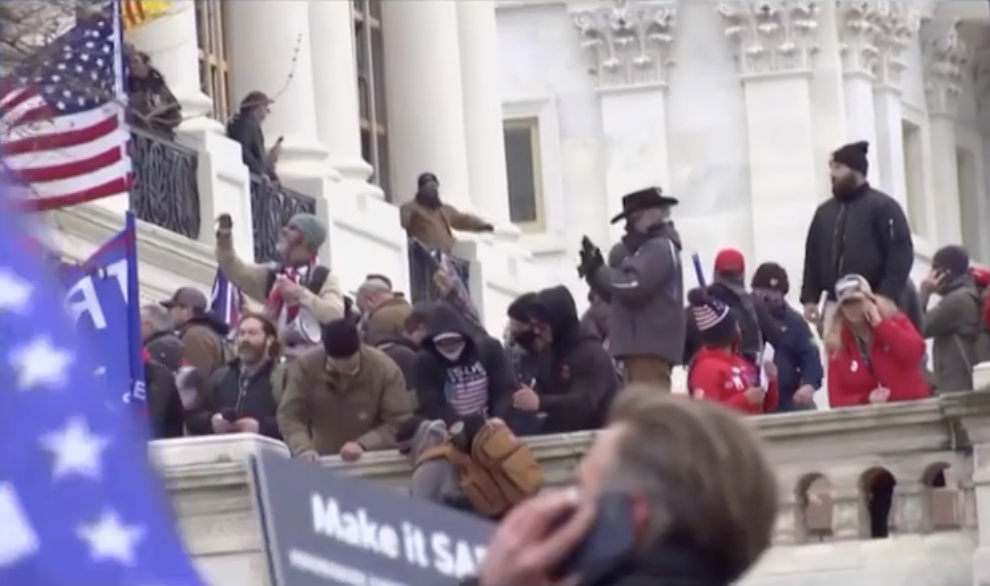Over 11,000 members of the Writers Guild of America (WGA) have initiated a strike for the first time since 2007. The strike may cause an immediate halt in the production of numerous television shows and possibly delay the launch of new seasons later in the year.
Union leadership stated that their attempts to negotiate a fair deal were met with insufficient responses from studios, given the significant challenges writers face in the current landscape. As a result, the union is concerned about the future of writing as a predominantly freelance profession.
While the strike commenced at 3 am EDT on Tuesday, picket lines were not planned until Tuesday afternoon. Studios revealed that talks ended late Monday, mere hours before the strike deadline, without reaching an agreement. They expressed their willingness to improve their offer but were not prepared to meet some of the union's demands.
The main points of contention are "mandatory staffing" and "duration of employment," which entail studios being required to staff a show with a specific number of writers for a set period of time, regardless of need. Management's negotiating committee insists that member companies are united in wanting to reach a mutually beneficial agreement that maintains the industry's health and longevity while avoiding hardship for thousands of industry-dependent employees.
The divide between both parties indicates that the strike could be lengthy. The last strike, which began in November 2007, lasted 100 days, extending into February 2008.
Many cable and broadcast network shows have already completed filming their current season's final episodes. However, viewers may see a disruption in late-night shows, daytime soap operas, and shows like "Saturday Night Live," which could face early season conclusions.
Seth Meyers, the host of Late Night with Seth Meyers, who picketed as a writer for SNL during the last strike, informed his viewers that his show would be off the air during the strike. Other immediately impacted shows have not yet commented on their plans.
Both sides of the negotiations are experiencing financial strain. Media and tech companies that employ the writers have seen declines in their stock prices, resulting in cost-cutting measures and layoffs. The Alliance of Motion Pictures and Television Producers (AMPTP) represents management in the negotiations and includes Amazon, Apple, CBS, Disney, NBC Universal, Netflix, Paramount Global, Sony, and Warner Bros. Discovery.
Writers are also suffering from reduced job opportunities and income loss due to the industry's shift from traditional broadcast and cable programming to streaming services. While not all WGA members are currently employed, the strike could leave thousands of other workers on show and movie sets without work. The strike may have broad implications for the industry, as well as the economies of Southern California and other locations, such as New York City.
AMPTP estimates that as many as 20,000 people working on up to 600 productions could be out of work if the writers' strike halts production. The 2007 strike resulted in an estimated $2 billion in economic damage, primarily in Southern California, equivalent to nearly $3 billion today when adjusted for inflation. The industry has undergone significant changes since the last strike concluded 15 years ago.
These changes have accelerated since the 2020 negotiations in the early weeks of the pandemic. The rise of streaming services has altered the way audiences consume television










